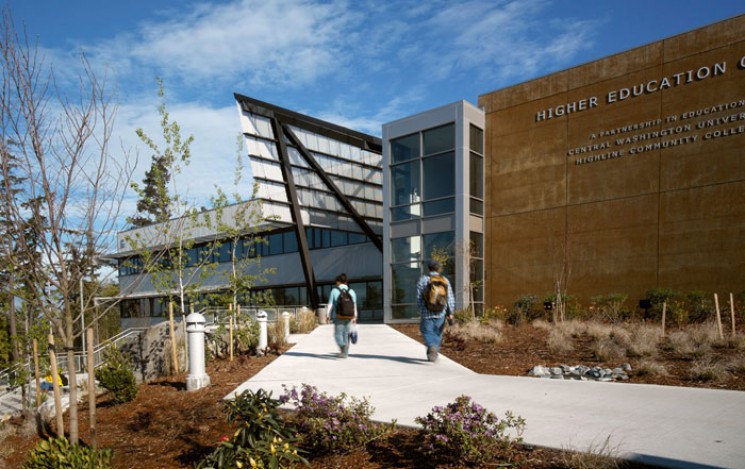DES MOINES, Wash. —The Leona M. and Harry B. Helmsley Charitable Trust has granted $4.4 million to a consortium of 12 higher education schools that includes Highline College to develop and promote teaching practices that help undergraduate engineering students reflect on their experiences.
The newly formed Consortium to Promote Reflection in Engineering Education (CPREE), led by the University of Washington’s Center for Engineering Learning & Teaching, focuses on first- and second-year undergraduates who want to be engineers. The goal is to enhance their ability to learn, help a greater percentage complete their degrees and ultimately foster a larger, more diverse and better prepared engineering workforce.
“Research increasingly points to reflection as an important activity in achieving these goals,” said Jennifer Turns, a consortium co-director and a University of Washington professor of Human Centered Design & Engineering.
Reflection — giving meaning to prior experiences and determining how that meaning will guide future actions — has long been recognized as important in higher education.
“Reflection accelerates the learning that happens through experience, and so it is critical for preparing the next generation of engineers,” said Cynthia Atman, consortium co-director and a University of Washington professor of Human Centered Design & Engineering.
Because reflection practices and strategies may vary greatly across schools, the consortium incorporates both associate degree-granting and four-year institutions. Each institution brings a distinct perspective on engineering instruction and great enthusiasm for expanding their focus on reflection, leaders said.
Other schools involved are Arizona State University, Polytechnic School, in Mesa, Ariz.; Bellevue College in Bellevue, Wash.; California Polytechnic State University in San Luis Obispo, Calif.; Clarkson University in Potsdam, N.Y.; Green River Community College in Auburn, Wash.; Georgia Institute of Technology in Atlanta, Ga.; Rose-Hulman Institute of Technology in Terre Haute, Ind.; Seattle Central College in Seattle, Wash.; Seattle University in Seattle, Wash.; Stanford University in Palo Alto, Calif.; and the University of Washington in Seattle, Wash.
The 12-school consortium will involve nearly 250 educators who will collect data on 18,000 student experiences. Each institution will receive $200,000 over two academic years to fund a principal investigator and other colleagues to carry out the work. Tools and practices developed throughout this initiative will be shared with engineering programs nationwide.
“The project is designed to celebrate the local culture at each institution. Each educator has a kind of expertise that we want to reveal,” Atman said.
In the first year, the emphasis is on documenting reflection activities already in use on the campuses and creating support for student reflection. Another key part of the work is for the campuses to learn from each other.
To achieve these goals, schools will hold campus events that promote conversations about reflecting as a learning practice. The principal investigator at each school will participate in regular conference calls with the other leads and, in the winter, engage more deeply with each other at a meeting at the University of Washington. While developing a plan for how to expand their reflection activities in the second year, each school — in collaboration with consortium staff — will additionally compile a guide that explains reflection practices in use at their institution as a way to inform colleagues and others in higher education.
Project leaders expect the consortium’s work will be useful across all disciplines in higher education. The practice of taking a broader view of learning by emphasizing reflection is something that can benefit all students and their educators, regardless of the field.
“The Trust is delighted to support such a diverse group of schools in this effort to increase our nation’s engineering capacity,” said Ryan Kelsey, program officer for higher education at the Helmsley Charitable Trust. “Helping first- and second-year students reflect on what it means to be an engineer as they learn foundational concepts is a very promising strategy for attracting and retaining a larger and more diverse future engineering workforce.”
For more information, visit http://cpree.uw.edu/. For questions regarding the consortium at Highline, contact Rich Bankhead at rbankhead@highline.edu. For general questions, contact Cynthia Atman at atman@uw.edu.
# # #
Highline College was founded in 1961 as the first community college in King County. With approximately 15,000 students and 350,000 alumni, it is one of the state’s largest institutions of higher education. The college offers a wide range of academic transfer, professional-technical education and applied bachelor’s degree programs. Alumni include former Seattle Mayor Norm Rice, entrepreneur Junki Yoshida and former Washington state poet laureate Sam Green.


